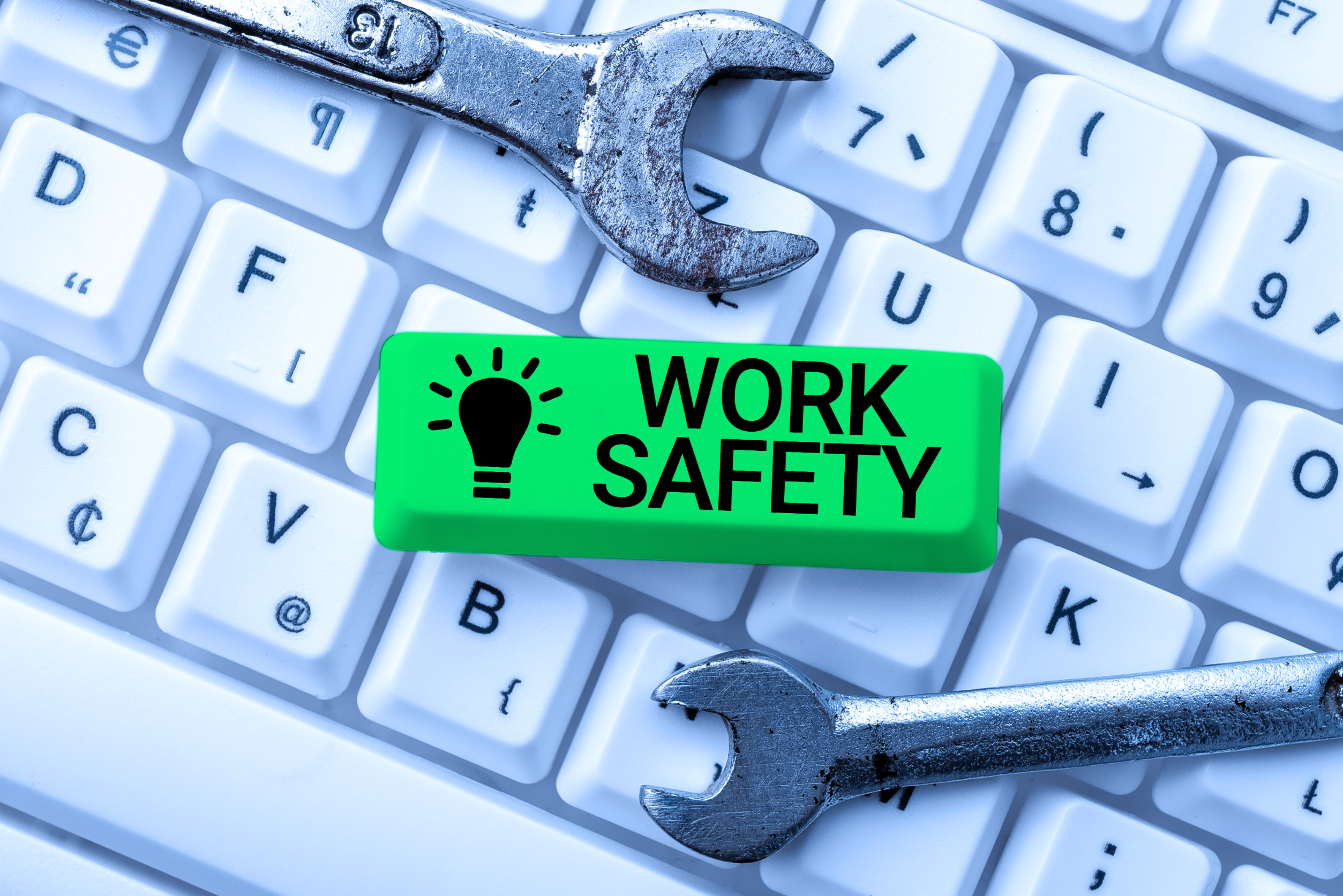Bridging the generational gap to create an inclusive workplace

As two of the biggest age demographics in the emerging workforce, Millennials, and Generation Z (or Gen Z) are playing a large part in shaping how organisations work. Employees from these two generations are looking for a work environment that fuels them and their passions, their ethics, and the future that is developing in front of them, especially if it helps them make an impact in the world.
The current workforce, however, is not consisted of just these employee demographics, with Generation X and Baby Boomers filling leadership and managers positions in most organisations. Often, there is strife between different generations due to a lack of understanding. For instance, there are workplaces filled with lectures and resentment from managers who do not believe in Millennial and Gen Z employees, often calling them out for being, ‘entitled’ ‘selfish’ and ‘not willing to work.’
This is not a new argument: younger employees, rightly or wrongly, have long been perceived as not willing to work hard. The fundamental experiences of Millennials and Gen Zs, however, have been shaped by events like recession, war, and the pandemic. In fact, many Gen Z employees completed their tertiary education and entered the work force during COVID-19, and much of their early career journey has been done remotely.
This has led to a few priorities shaping the Gen Z and Millennial mindset, including financial renumeration. Any organisation that these employees choose would have to compensate well. Next, these two generations are more conscious about mental health, especially at work. They are likely to seek employers and workplace environments that support a healthy work-life balance. Lastly, they might have borne witness to family members being unemployed or retrenched. They would thus be more willing to job-hop across different organisations to find the workplace that will not just value their employees, but also invest in them and their skills.
Gen X and Baby Boomers also care about elements of these priorities, but they are also concerned about adapting to new norms due to workplace digitalisation. Boomers, for example, may be slower to embrace social media for work purposes and believe in tried-and-true communication methods to push information. This is a challenge with the rise of communication tools such as Zoom and Microsoft Teams, as well as the increasing shift towards hybrid, if not remote working arrangements. Many Boomers are doing their best to cope with these changes and unlearn processes they have been used to for years. They, along with Gen X, are also concerned about job security to support their families and the constant upskilling and reskilling it requires.
The priorities and concerns of employees in a multi-generational workforce can be better addressed when HR leaders create opportunities for employees to address their concerns, as well as provide opportunities for them to work and communicate with one other. Employees should be given more opportunities to collaborate, whether through face-to-face meetings in the office, or projects shared between team members. HR Leaders should also ensure that the opportunities provided to aspiring leaders align with their career journey. Next, employees should be given more control and say over where, when, and how they work. This can be done when HR teams foster a workplace culture that not only compensates employees for the work they do, but also supports their safety, physical and mental wellbeing.
This can be achieved only when organisation truly invest in the time to develop and work on clear, open communication, where the main objective of any new motion is not only distributed across every arm of the organisation, but also clearly explained to make sure employees are collectively aligned. Conversely, if an employee has any constructive feedback, HR teams should be willing to listen, understand, and compromise so that every member of the team is heard.
READ MORE: Gen Z rising in Asia: A dynamic force for organisational change
To learn more about how to develop a talent strategy that works for your organisation, join Dr Sandhya Karpe, Human Capital Center Leader, Asia and Programme Director of Asia Diversity, Equity & Inclusion Council, The Conference Board, at HR Tech Connect 2023. Dr Sandhya will be moderating a panel discussion titled Gen Z Rising in Asia: A Dynamic Force for Organisational Change, which will take a deep dive into what organisations can do to attract and retain a new generation of employees, while managing a multi-generational workforce and creating an inclusive workplace that provides fair opportunities for all employees.
Other panelists joining Dr Sandhya on this exciting panel are Ruth Gellert-Neale, Global Executive Director of HR, JLL Technologies; David Lim, SVP Human Resources, PVH Corp; and Wong Yang Sheng, Head of HR, Singapore, Australia and Brunei, Standard Chartered Bank.



